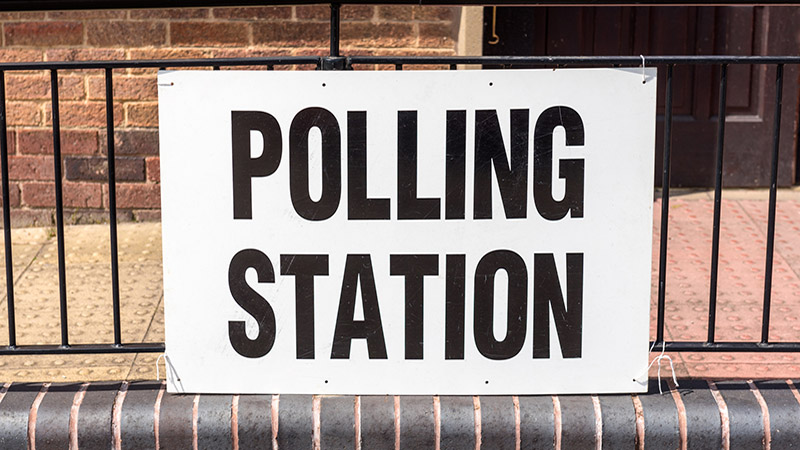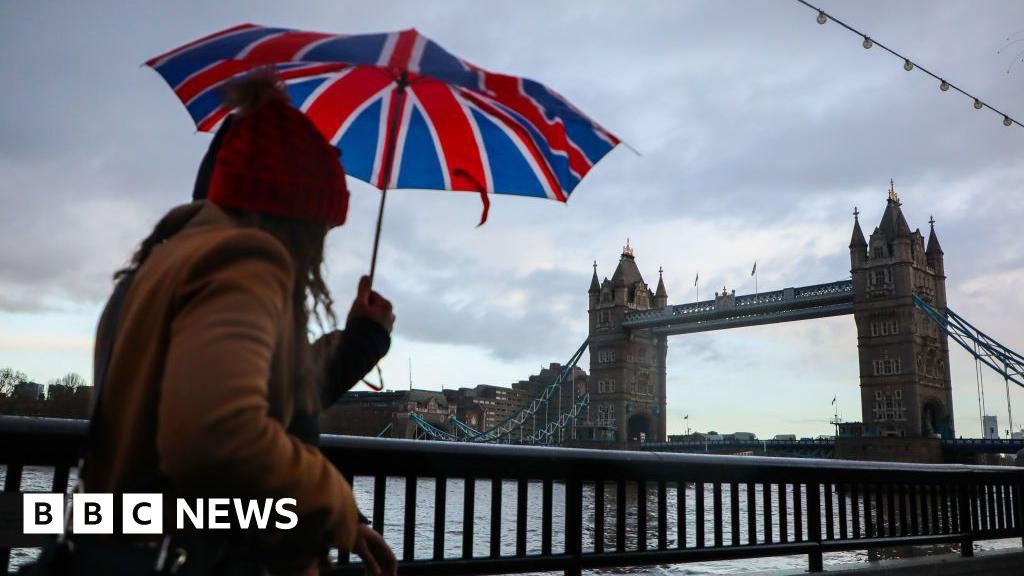


There are concerns about the financial stability of the next Dutch government, according to Klaas Knot, the president of De Nederlandsche Bank. Knot emphasized the importance of the government being strict with its finances, particularly in light of challenges such as a higher interest-rate burden, costs related to the aging population, and increased climate and healthcare expenses. He advised that the budget deficit should be limited to 2% of economic output and suggested investing in the housing market. Knot also highlighted the need for critical thinking when it comes to migration policies. The formation of a new government in the Netherlands has been delayed, and the ongoing negotiations may lead to persistent instability [a966b49b].
The Institute for Fiscal Studies (IFS) has also warned about the state of public finances being a major challenge for the next government. The IFS calls for an 'open and robust' discussion about how all parties will tackle the financial challenges. High interest payments on existing debt and low expected economic growth could make reducing future debt more difficult than in any Parliament since at least the 1950s. The next government could face three choices: continue with spending cuts, raise taxes further, or increase borrowing. The IFS urges the next government to open the books and have a discussion during the election campaign [a39c40e4].
Columbia Threadneedle Investments chief economist Steven Bell has also warned about a 'tough fiscal reality' awaiting the next UK government. While the macroeconomic background is improving, with the UK outperforming most other economies, the longer-term outlook for budget finances is 'distinctly gloomy'. The outgoing Conservative government has met its fiscal rules through unrealistic assumptions for government spending in unprotected areas. The incoming Labour government will likely have to raise taxes, focusing on capital taxes. Bell suggests creating fiscal headroom through tweaks to the Bank of England's quantitative tightening program and introducing interest tiering on bank reserves. The new Labour government plans to be radical and ambitious, avoiding the financial crises of previous Labour governments [7b2a6fba].
These concerns raised by Knot, the IFS, and Bell highlight the need for governments to address their fiscal challenges and ensure long-term financial stability. It is crucial for countries to carefully manage their budgets, limit deficits, and make strategic investments in key sectors such as housing. Additionally, critical thinking and effective policies are necessary to address issues like migration and the impact of an aging population. By taking these steps, governments can work towards a more stable and sustainable economic future.